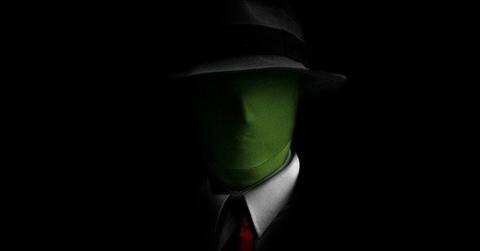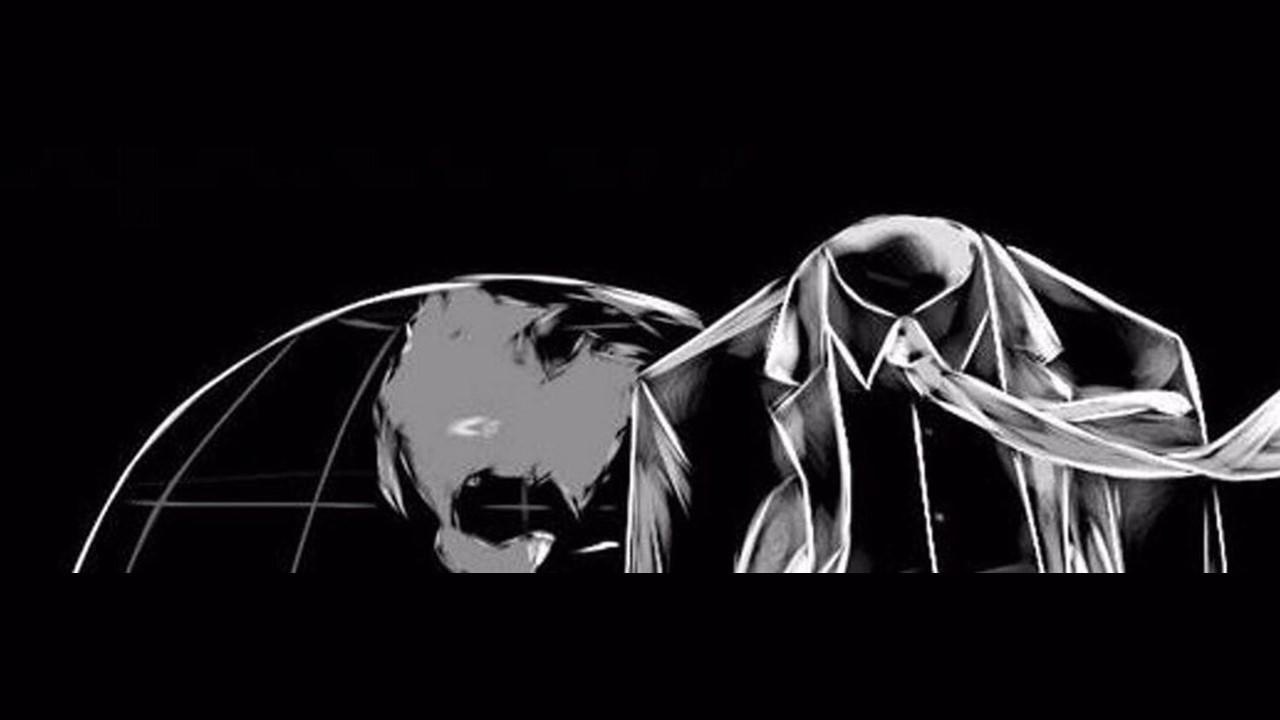Anonymous Hacking Group’s Latest Hack Brings Ukraine War Footage to Russia
Infamous hacking group Anonymous claimed responsibility for a hack that aired Ukraine war footage on Russian TV. What other hacks was Anonymous behind over the years?
March 7 2022, Published 11:04 a.m. ET
As the Russian invasion expands deeper into Ukraine in the third week of the crisis, the infamous hacking group Anonymous has claimed responsibility for a hack into Russia’s streaming and TV services.
Anonymous showed war footage from Ukraine to Russian viewers in a hack that worked around Russian President Vladimir Putin’s restrictions on most forms of international news coverage — including social media. What other hacks has Anonymous claimed responsibility for over the years?
Who is Anonymous? The name behind the Russian TV hack.
Anonymous is an international “hacktivist” group that primarily targets governmental institutions and other centralized organizations. Anonymous isn't led by a traditional hierarchy but is built as a collective of decentralized hackers using cyberattacks as a form of activism.
In its latest move, Anonymous hacked into Russian TV channels and streaming services to broadcast war footage from Ukraine. The TV channels that Anonymous hacked into include Russia 24, Channel One, and Moscow 24. Hacked streaming services include Wink and Ivi.
Putin has already blocked Facebook and restricted Twitter within the country. Russia has also blocked a variety of independent news sources reporting on the conflict, including Roskomsvoboda, Republic, and Mediazona. For Anonymous, hacking into the system was a clear work-around of these restrictions.
Previous Anonymous hacks were against the U.S. government, Church of Scientology, and more.
Project Chanology (2008) and Operation Payback (2010)
In 2008, through a variety of DDoS (distributed denial of service) attacks, decentralized Anonymous hackers were able to target the Church of Scientology. Hackers wanted revenge on the group for limiting the spread of information by subjecting sites to copyright infringement lawsuits. Some hackers failed to hide their IP addresses and were caught. However, many others made headway in trying to expel the organization from the internet.
Two years later, hackers pivoted toward new targets, like the U.S. Copyright Office, Australian Federation Against Copyright Theft, and the Spanish Sociedad General de Autores y Editores.
At this time, companies like Visa, Mastercard, and PayPal shut off service to WikiLeaks after it released government documents. Anonymous hackers — also known as anons — targeted these sights. Ultimately, 14 PayPal hackers (known as the PayPal 14) were caught and tried, with 13 ultimately charged for the cybercrime.
Operation Ferguson and the Klu Klux Klan (2014)
When Ferguson, Mo., police shot and killed unarmed Black man Michael Brown, an Anonymous-tied hacktivist group called Operation Ferguson threatened to take police servers and computers offline if they arrested or harmed any protestors. At one point, email, phone, and internet systems crashed.
Anons also targeted the Klu Klux Klan by releasing personal member information. That same year, Anonymous targeted government websites in Cleveland, Ohio, after police shot and killed 12-year-old Black child Tamir Rice. Anons doxed the personal contact information of a police officer involved in the shooting.
Taiwan, George Floyd, and Jeffrey Epstein (2020)
Anons targeted the UN website and created a page for Taiwan. The hack was a statement against the fact that Taiwan hasn't had a seat at the UN since 1971.
The group temporarily took down the Minneapolis Police Department website after Minneapolis police murdered unarmed Black citizen George Floyd.
Anons also spread reported evidence of pedophilia, rape, and sexual assault against former President Donald Trump and Jeffrey Epstein (deceased in 2019), among others.


